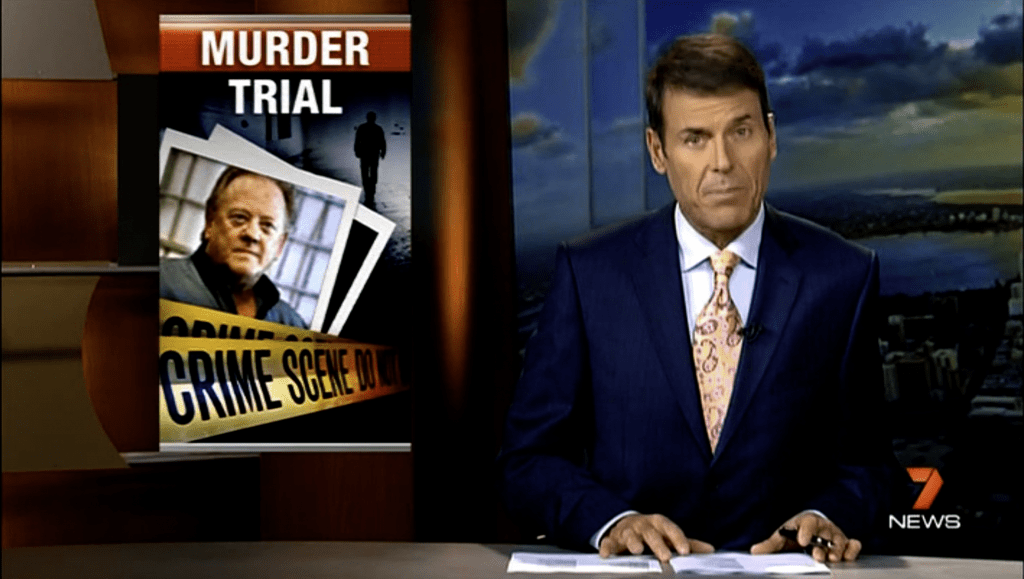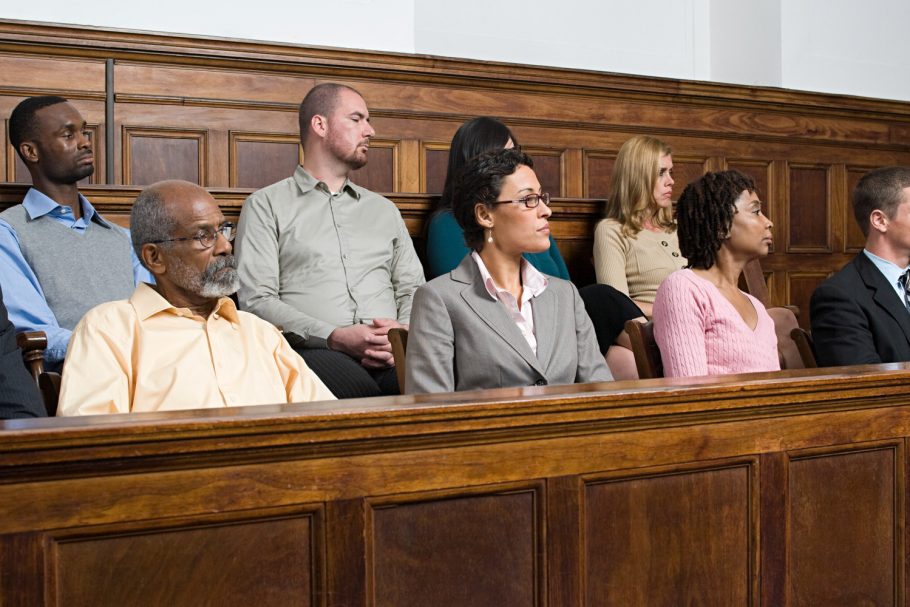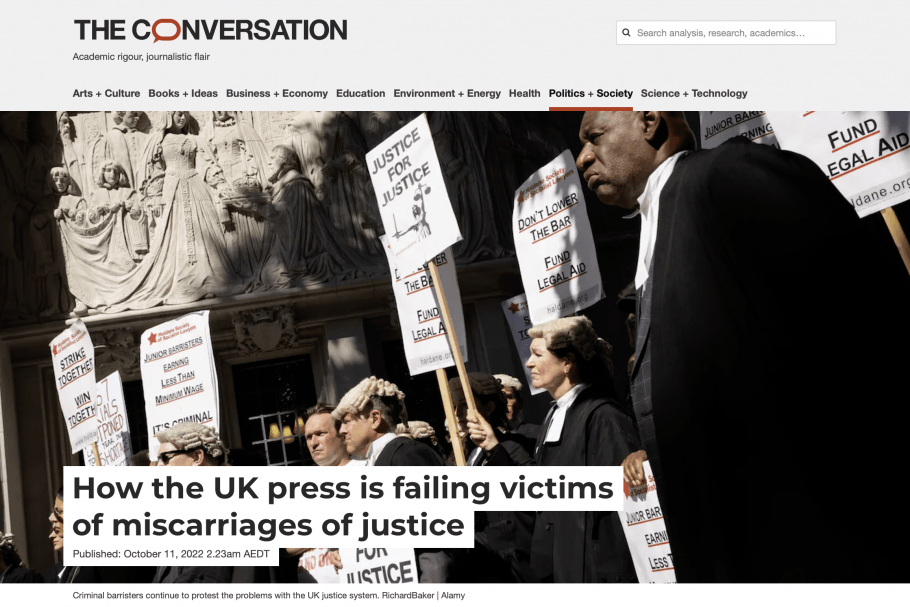Jon Robins, University of Brighton
On September 20 2022, Adnan Sayed had his murder conviction overturned by a Baltimore judge after spending nearly 23 years in jail. His case had featured in the groundbreaking true-crime podcast Serial.
As well as garnering an international following and spawning an entire genre of true-crime audio, TV and film, Serial’s investigation of Sayed’s case prompted discussion about the role of the media in uncovering wrongful convictions – in the UK as well as the US.
Unfortunately, the inevitable consequence of a broken criminal justice system, as the UK’s has consistently been described, is that some people will be wrongfully convicted. In response to the Sayed ruling, the BBC presenter Justin Webb asserted that podcasts were “the place to go” for innocent people wrongly convicted. I am not convinced.
The British media has a history of doggedly investigating miscarriages of justice. However, as I set out in a paper presented recently to the Nexus Conference on Wrongful Convictions, there has been a major – and critical – disengagement in the media’s coverage of such cases over the last 30 years.
Investigation as public service
In 1997, the justice system in England and Wales was radically overhauled following years of unrelenting press campaigning and public outrage in response to a series of miscarriage-of-justice scandals. These included the so-called Irish cases (the Birmingham Six, Guildford Four and Maguire Seven) as well as the Cardiff Three case, the Broadwater Farm Three, Stefan Kiszko and others.
This had led, as legal scholars Richard Nobles and David Schiff show in their 2000 book Understanding Miscarriages of Justice, to the British public’s faith in the justice system being fatally undermined. As an ultimate consequence of this fallout, in 1997 the first ever independent miscarriage-of-justice watchdog – the Criminal Cases Review Commission (CCRC) – was created.
Journalist David Jessel memorably commented that this represented “the nationalisation of zeal, the taking of fervour into public ownership”. It was indeed a radical move. Mostly though, it was the direct result of campaigners’ and, crucially, journalists’ commitment to exposing the rot at the heart of the justice system.
Jessel was a presenter on the BBC’s pioneering investigative programme Rough Justice from 1985 to 1990. It is striking to think that journalists on licence-feepayers’ money would investigate these often intractable cases. Sometimes their efforts revealed shocking wrongful convictions; often they did not and were never broadcast. In total, between 1980 and 2007, the show was responsible for overturning 18 convictions.
Investigating miscarriages of justice was not just great prime-time telly (occasionally, it wasn’t even that), it was part of what the press saw as its public service remit.
To wit, the journalist Bob Woffinden (documentary producer for Yorkshire TV and author of the book Miscarriages of Justice) successfully challenged a Home Office ban on journalists visiting prisoners – and in so doing, went on to provide the Court of Appeal in 1999 with details of more than 60 cases where journalists had played a substantial role in identifying miscarriages of justice. Their work had led to convictions being quashed.
Press coverage declines
The UK has one of the largest prison populations in western Europe, approximately 87,550 people. In an average year, 1,400 apply to the CCRC to have their cases reviewed.
In 2016, the CCRC’s referral rate dropped to less than 1% for the first time when the commission sent just a dozen cases back to the Court of Appeal (0.77%). This collapse led to concerned politicians forming the all-party parliamentary group on miscarriages of justice.
While in 2021, the CCRC sent a record number of cases – 71 – to the Court of Appeal, the vast majority (51) came from a single source (the Post Office Horizon debacle) and six related to a second case (the Shrewsbury 24) that had been initially rejected by the CCRC and was only accepted after it was challenged through the courts. In other words, outside of these two unusual cases, just 14 people had their cases sent back to the Court of Appeal that year.
In March 2021, a parliamentary report into the CCRC stated that it had suffered the “biggest cut” of any part of the justice system since 2010, receiving just £5.93m in 2019 compared with £9.24m in 2004. The workload for each of its 31 case review managers, meanwhile, had more than doubled from 12.5 cases in 2010 to 27 in 2017.
What’s more, the report highlighted what it termed the CCRC’s “dysfunctional” relationship” with the Ministry of Justice (quoting the High Court in R (Warner) v SoS for Justice [2020]).
The CCRC’s independence is supposedly protected by statute through its 11 commissioners. Until 2012, those commissioners were full-time on salaries with holiday, sick pay and a pension.
By 2017, however, they had been replaced with new commissioners recruited on one-day-a-week contracts with no benefits. It is impossible to do justice to complex cases with so little commissioner time available, when a successful applicant requires the backing of no less than three commissioners.
These are obvious, critical problems that only add to the wider crisis the justice system is facing. At last count, the backlog of cases facing the Crown Court hit 59,687, according to Ministry of Justice data released in September 2022. This means thousands of victims of violent and sexual crimes, as well as those accused of such crimes, are waiting over a year for their day in court. They are at the mercy of a “broken” justice system.
And yet, research shows that national press coverage of miscarriages of justice has notably decreased. Between 1992 and 2007, it dropped by as much as 18%.
Britain’s justice watchdog was set up as a result of the campaigning of a previous generation of journalists. Its defanging, by contrast, has taken place with barely a flicker of interest from today’s media. The wrongly convicted are not only being let down by the broken justice system. They are being failed by a media that has lost interest and moved on.
Jon Robins, Lecturer, School of Humanities and Social Science, University of Brighton
This article is republished from The Conversation under a Creative Commons license. Read the original article.



